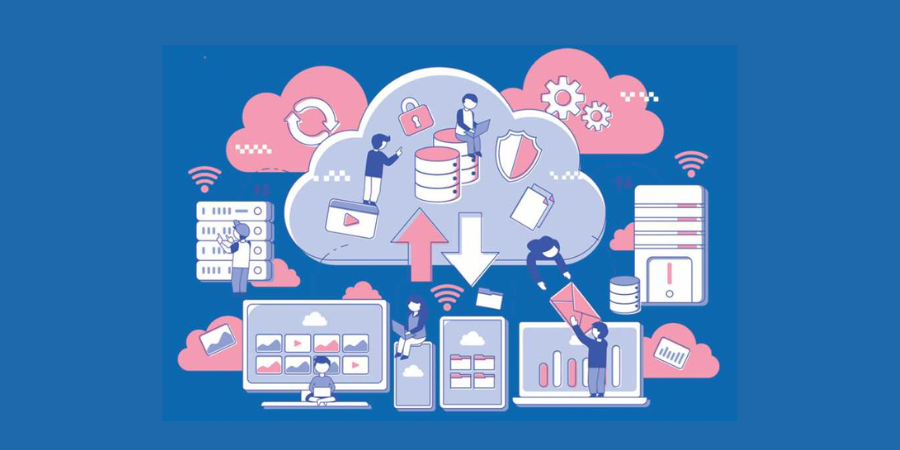
Ashwini Rath is the Director and CEO of Batoi. Ashwini interacted with Abhishek Jain, a student at IIT- Kharagpur to share his thought about Cloud Computing and the latest trends.
With the IaaS and SaaS providers giving platform capabilities, would you agree to the statement that ‘Lines between PaaS and IaaS & SaaS are blurring’?
No, not really. In fact, vendors with special focus on any of these three areas are prominent today; and they are bundling multiple offerings for end users by integrating solutions from other vendors while focusing on their core expertise.
Much of the focus has been on Private and Public cloud. How has the Hybrid Cloud evolved over the years? How do you think it will shape in the near future (next 2-4 years)?
A new organisation has the flexibility to adopt purely a private or public cloud. On the other hand, solutions involving hybrid cloud systems are quite usual for organisations with existing IT infrastructure. Implementing hybrid cloud can be a challenge as it involves numerous practical issues. However, adoption of API based approach for app development worldwide and adherence to common protocols for data exchange between different apps have greatly influenced the evolution of hybrid cloud.
It is expected to see a significant growth of hybrid cloud ecosystem in the next couple of years. The legacy systems from within the company data centers will be connected to cloud infrastructure outside for multiple tasks.
Large enterprises and start-ups have embraced the cloud. Yet, the offerings they choose are different. What is the difference in need that drives an enterprise and a start up to consider cloud as an option?
The major interest for a start-up to go cloud is to reduce upfront investment into IT infrastructure while the same for large enterprise is to match the demand from departments to run short-term projects or campaigns, scale-up computation for short or medium-term, etc.
What, in your views, are the drivers and inhibitors to cloud adoption for both enterprises and start-ups?
The hindrance for start ups is the cost to access expertise to achieve requisite integration for their business needs. On the other hand, enterprises struggle with managing the laid out rules and statutory requirements and the elaborate planning for migration to cloud.
Cloud Computing technology has been a part of the mainstream market for quite some time now. And with the technology having matured now, are security and compliance issues still a barrier to cloud adoption? If so how are providers dealing with it?
Cloud Computing paradigm is still in rapid evolution and a lot of learning comes from practical experience from cloud vendors and business users. As the demand of technologies involved is diverse, like that from datacenter cooling to privilege management within app, a robust automation of various components of cloud ecosystem and their working is the path to go. Adherence to common protocols and data exchange is a must for cloud vendors.
What are the latest trends that are emerging in cloud computing now?
Device Automation and Augmented Reality are two such most important business and consumer technologies that are seeing great transformations in these days.
The cloud computing market has so many players and hence the market is highly fragmented. How important are Mergers and Acquisitions for driving growth? How well does M&A work between companies offering diverse services?
As I told earlier, cloud vendors should go for common protocols and mechanisms when they build cloud products. Though the big companies will extend their capabilities through acquisition, other companies may go with strong SLA based partnership apart from implementing automated SLAs within their cloud applications.
What do you think will drive the M&A activity in the near future?
The M&A activities push in the direction of meeting end-to-end solutions and acquiring niche technological capabilities.
How significant will Bring Your Own Device (BYOD) and Big Data be on cloud? Could you please share your opinions on both of them?
They are two different things. BYOD is gaining ground as it provides flexibility to the business users and reduces investment by the company in the areas of creating depreciable assets. But then the additional overhead in ensuring data security and optimal workstation environment has been a concern for companies.
Big Data is all-pervasive today due to consumerisation of data and availability of technologies to manipulate it. The advantage of cloud technologies is leveraged to handle Big Data due the scale and cost of the management. The technologies and methodologies of accumulating analytics of Big Data are set to evolve rapidly in the coming years.
Do you foresee any disruptive technology coming up that could be a threat to cloud computing?
Though such technologies will not upset the adoption of cloud computing, these will certainly shape the usage pattern. You may take the examples of augmented reality, device automation, Internet of Things and self-healing computing. Let us face it – if a new technology is so disruptive, it may change this worldview of mine too.
How are industries like Healthcare, Engineering and Infrastructure using your services?
The focus in all our products at Batoi is to automate the processes and to provide insight into data through analytics. The customer gets tools to customise apps based on their specific requirements and to integrate these into their legacy systems when applicable. What is your value proposition? And what makes enterprises choose your services? We enable business users to manage their data efficiently and to seek insights through our cloud platform, studio, apps and business portals. We intend to provide greater control to users over their data.


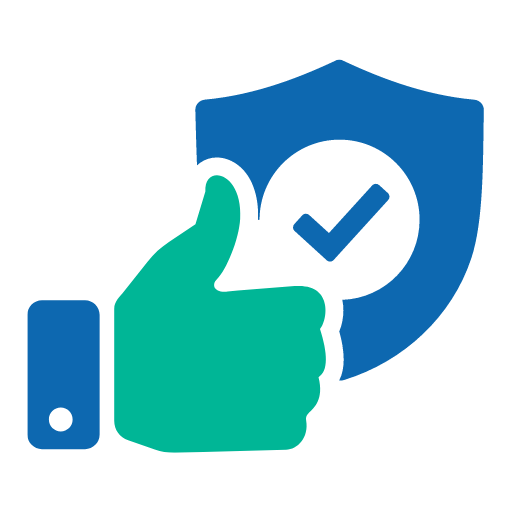
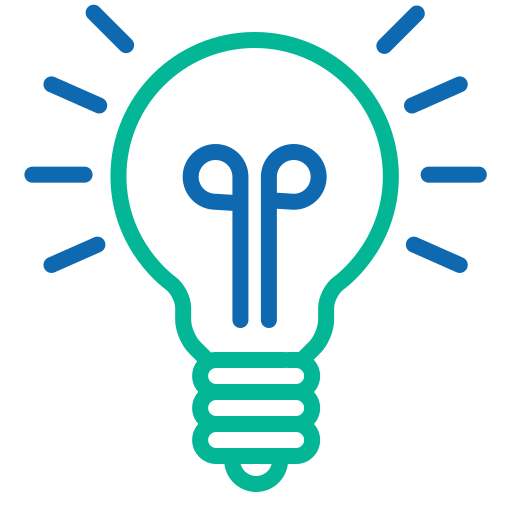
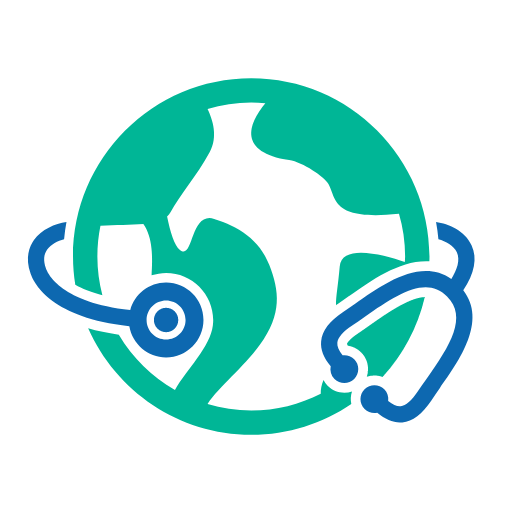



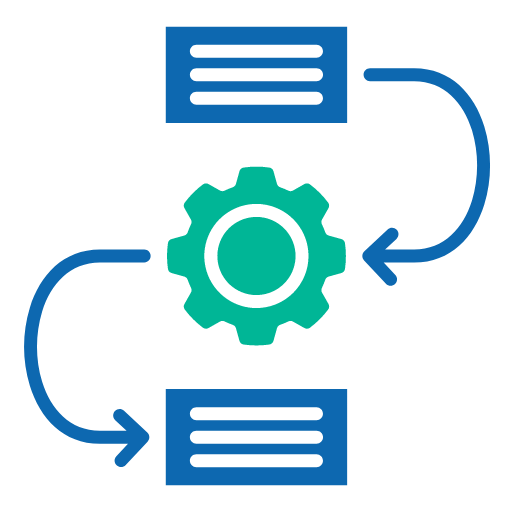


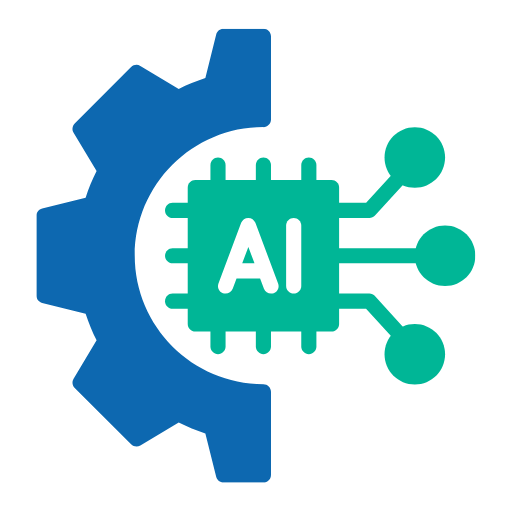


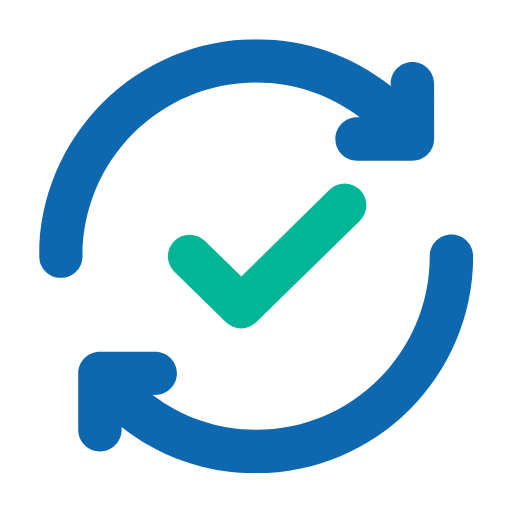
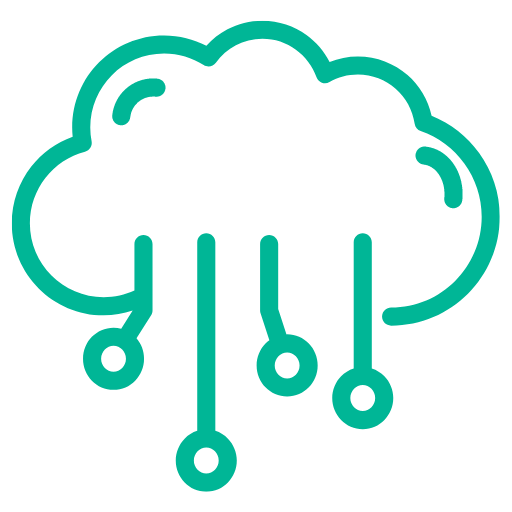



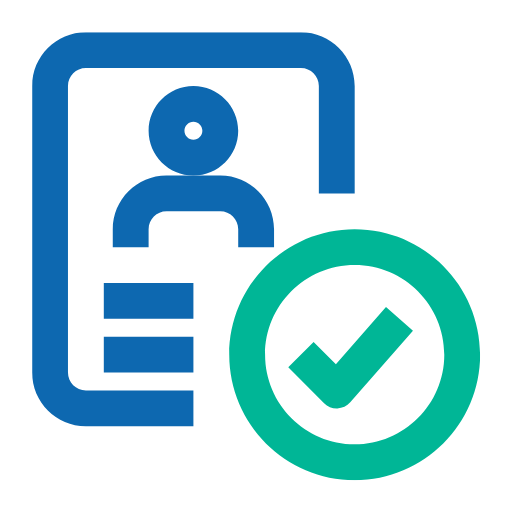

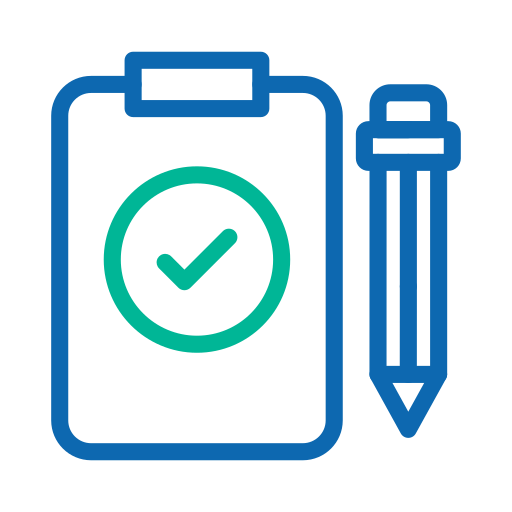
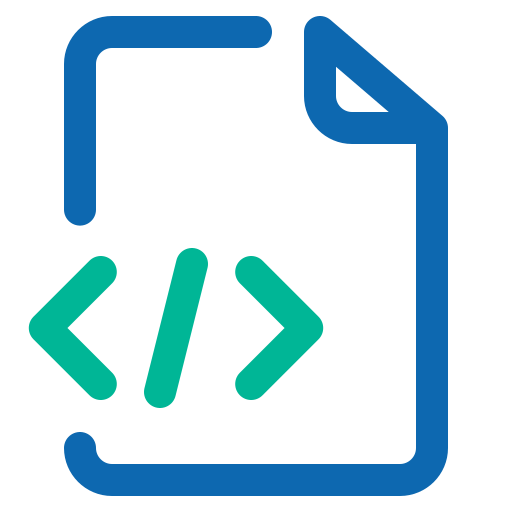
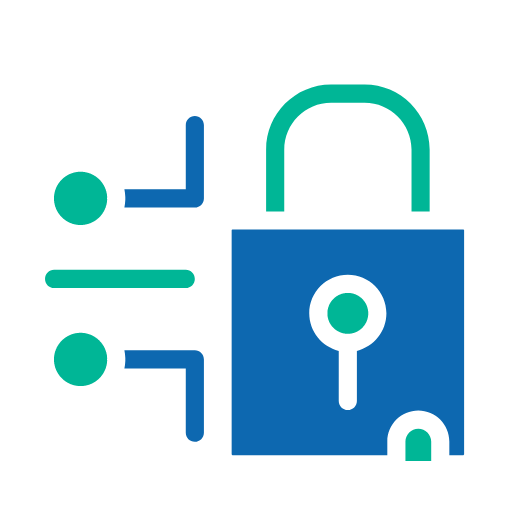
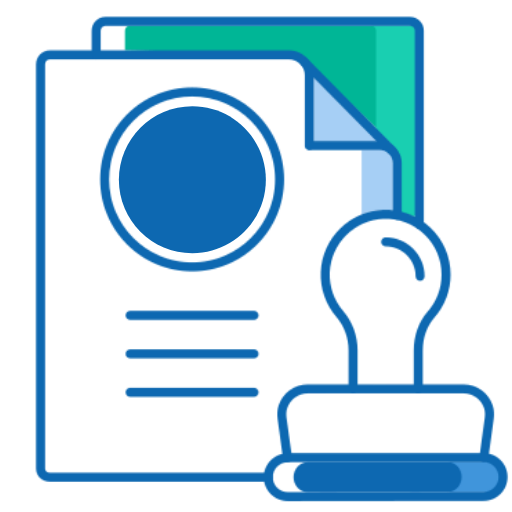
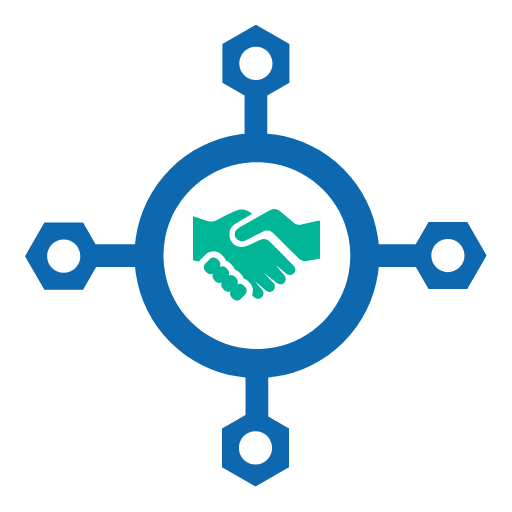
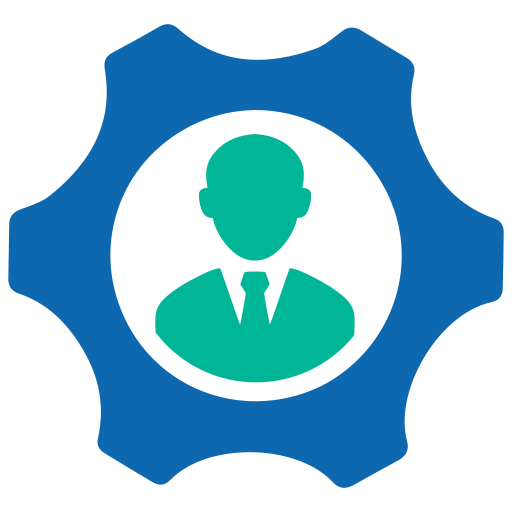
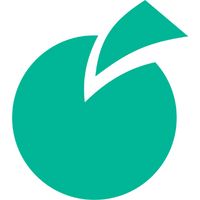 Batoi Corporate Office
Batoi Corporate Office